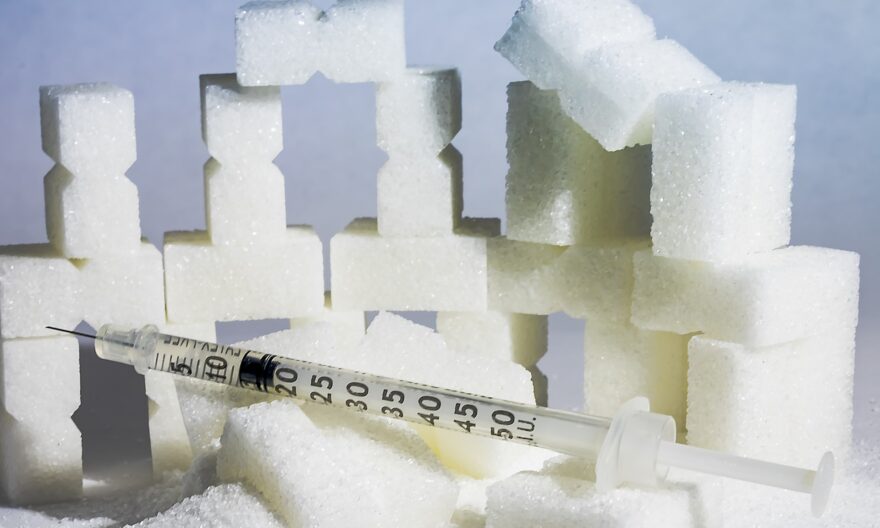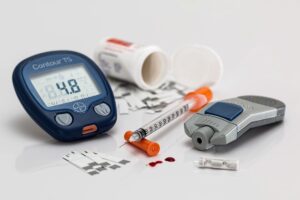
Eli Lily recently announced price cuts for some of the most commonly used types of insulin. The company says there will be a new cap on the out-of-pocket costs of the drug of $35 for people that have private health insurance and collect it from a participating pharmacy.
According to the announcement, the cuts will mean a 70% reduction in the cost of Insulin. Nonbranded insulin will cost $25, compared to the current price of $82.41, making it the cheapest insulin product available on the market.
In addition to this, Eli Lily will reduce the price of its most commonly prescribed insulin, Humalog. The current price of the drug is $274.70, but this will be lowered to $35 for those with private health insurance and $66.40 for people who are uninsured.
There will also be an expansion of the current “Insulin Value Program”, which allows people without health insurance to get generic insulin products for $35 or less.
In a statement, president Joe Biden said: “For far too long, American families have been crushed by drug costs many times higher than what people in other countries are charged for the same prescriptions. Insulin costs less than $10 to make, but Americans are sometimes forced to pay over $300 for it. It’s flat wrong.
Last year, I signed a law to cap insulin at $35 for seniors and I called on pharma companies to bring prices down for everyone on their own. Today, Eli Lilly did that. It’s a big deal, and it’s time for other manufacturers to follow.”
Diabetes is the fastest-growing chronic illness globally, and the price of insulin has been rising for the last two decades. According to the American Diabetes Association, the average price nearly tripled between 2002 and 2013 and increased another 54% between 2014 and 2019.
Eli Lily is one of the biggest insulin manufacturers in the US, so the price changes should make a big difference. In a statement, the company noted: “The aggressive price cuts we’re announcing today should make a real difference for Americans with diabetes. Because these price cuts will take time for the insurance and pharmacy system to implement, we are taking the additional step to immediately cap out-of-pocket costs for patients who use Lilly insulin and are not covered by the recent Medicare Part D cap.”



